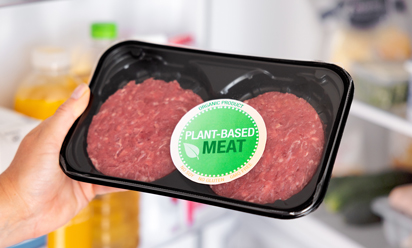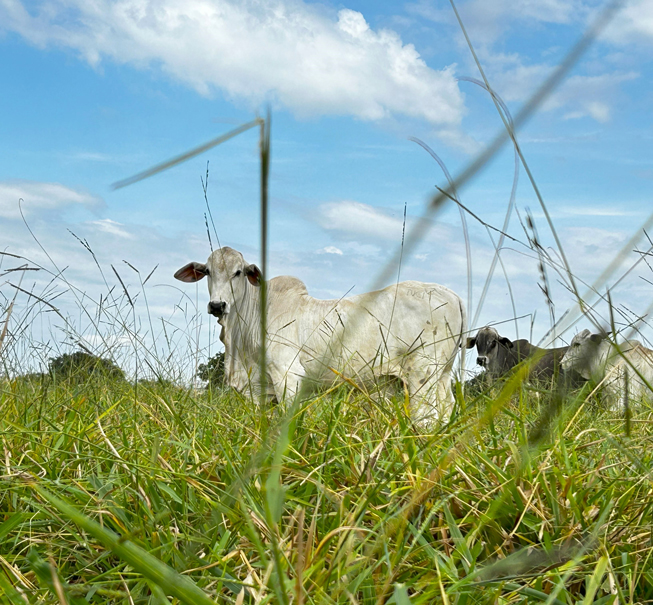All About Vegan Meat
In recent years, the vegan meat industry has experienced a remarkable surge in popularity, redefining the boundaries of what constitutes meat. Vegan meat, encompassing a variety of plant base meat alternatives such as legumes, gluten, and natural flavors, has not only captured the interest of vegetarians and vegans but also those looking to reduce their consumption of processed meats and cholesterol-laden foods. This transition towards vegan and vegetarian meat products reflects a broader shift in consumer preferences, leading businesses to expand their offerings to meet this growing demand.
This article delves into the fundamentals of organic vegan meat, offering insights into its nutritional profile compared to traditional meats and addressing common health considerations and myths. For those interested in the market dynamics and sales potential of vegan meat, understanding these aspects is crucial. Furthermore, the article will touch on creative ways to incorporate vegan meat analogues into various dishes, catering to the evolving tastes and dietary requirements of consumers worldwide.
The Basics of Organic Vegan Meat
Vegan meat, also known as plant-based meat, is crafted from various plant ingredients rather than animal products. This innovative food category aims to mimic the texture, flavor, and culinary experience of traditional meat while being made entirely from plants.
Key Ingredients and Their Benefits
Plant-based meats utilize a range of ingredients that offer both nutritional and environmental benefits. Common components include pea protein, known for its ability to lower cholesterol and its status as a non-major allergen. Soy and wheat gluten (seitan) are also prevalent, providing high protein content and essential minerals like iron and selenium. These ingredients are chosen for their ability to replicate the sensory qualities of meat, such as texture and flavor, making them appealing not just to vegans but to any consumer looking for alternative protein sources. Retailers and supermarket chains can leverage these benefits in marketing to highlight the health and ethical advantages of plant-based meats.

Plant-Based vs. Traditional Meats
Calories and Protein Contrary to popular belief, plant-based and traditional meats have similar caloric values (185.2 kcal/100 g vs. 187.9 kcal/100 g). However, plant-based burgers often contain less protein, indicating a need for consumers to supplement their diet to meet daily protein requirements.
Fat and Sodium Animal-based burgers typically have higher total and saturated fats (12.6 g and 5.1 g per 100 g) compared to plant-based options (8.4 g total fat and 1.9 g saturated fat per 100 g). Plant-based products, however, tend to have higher sodium content, which retailers should consider to meet health-conscious consumer preferences.
Vitamins and Minerals While beef excels in bioaccessible iron and zinc, plant-based alternatives offer higher levels of calcium, copper, magnesium, and manganese. The bioavailability of iron and zinc in plant-based products is comparable to beef, except for mycoprotein burgers, which match beef in zinc bioavailability.

Understanding the nutritional differences between plant-based and traditional meats is crucial for retailers. This knowledge helps cater to evolving dietary preferences, emphasizing the health, environmental, and ethical benefits of plant-based options.
Health Considerations and Myths
Processed Foods and Health
The shift towards vegan and plant-based diets often includes the consumption of processed vegan meats, which, while beneficial in replacing high-risk animal meats, come with their own health considerations. Research indicates that processed animal meats are linked to higher risks of heart diseases and have been classified by the World Health Organization as carcinogens. In contrast, processed vegan meats. They contain additives and have higher sodium content, which could pose health risks if consumed excessively.


Balancing a Plant-Based Diet
Maintaining a balanced diet while consuming plant-based foods requires careful planning. It’s crucial for consumers to understand that not all vegan foods are created equal; some might be heavily processed and packed with additives. Health experts suggest that a healthy plant-based diet should focus on whole foods like fruits, vegetables, legumes, and grains, rather than relying heavily on processed alternatives. Retailers should guide consumers towards making informed choices by providing detailed nutritional information and promoting a diverse range of whole and minimally processed plant-based foods.
Environmental Benefits
The organic vegan meat industry not only addresses health and ethical concerns but also plays a crucial role in mitigating environmental degradation. This section explores the significant environmental benefits associated with the production and consumption of vegan meat alternatives, focusing on reduced greenhouse gas emissions, conservation of water resources, and promoting biodiversity. These factors are increasingly influencing the market and sales strategies as the demand for sustainable products grows among consumers.
Conservation of Water Resources
The production of vegan meat alternatives demands substantially less water than traditional meat. For instance, producing 100g of protein from beef requires 725.6L of freshwater, while tofu needs only 92.9L. This stark difference underscores the potential of vegan diets to alleviate water scarcity challenges. Given that farming accounts for about 70% of water used globally, with a significant portion attributed to animal farming, shifting towards plant-based diets can significantly reduce the water footprint.


Promoting Biodiversity
The shift towards organic vegan meat also offers a pathway to preserving biodiversity. Conventional livestock farming and the land used for feed crops are major drivers of deforestation and habitat loss, contributing to biodiversity loss. In contrast, the land efficiency of alternative proteins can help reverse these trends. By reducing the need for land to raise livestock and grow feed, vegan meat production supports the restoration of forest ecosystems and the conservation of biodiversity.
Conclusion
By understanding the nutritional benefits, health considerations, and environmental impacts of plant-based meats, retailers and consumers can make informed decisions that align with their values and dietary needs.
If you’d like to find out more about the organic and healthy vegan meat and charcuterie that we export at Organic Boosting, don’t hesitate to contact us, and we’ll be happy to send you a catalogue, with no obligation on your part. If you’re interested in creating your own brand, click here and learn all about our bulk sales and private label services.

